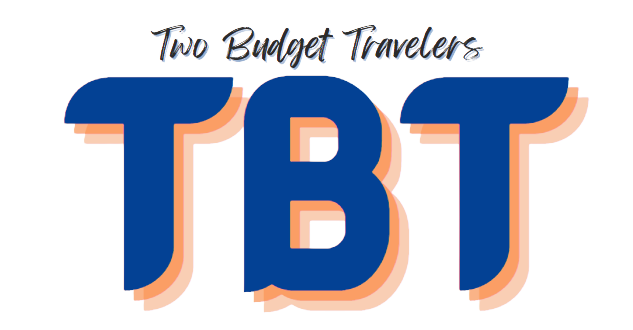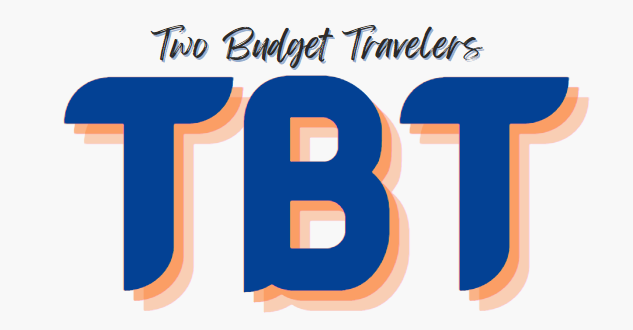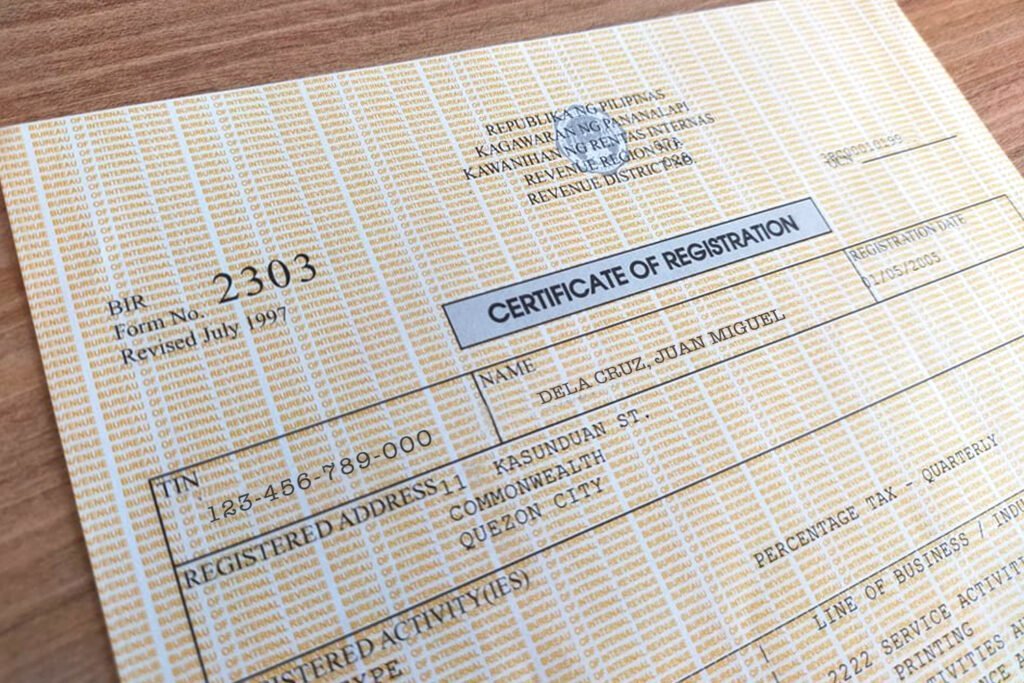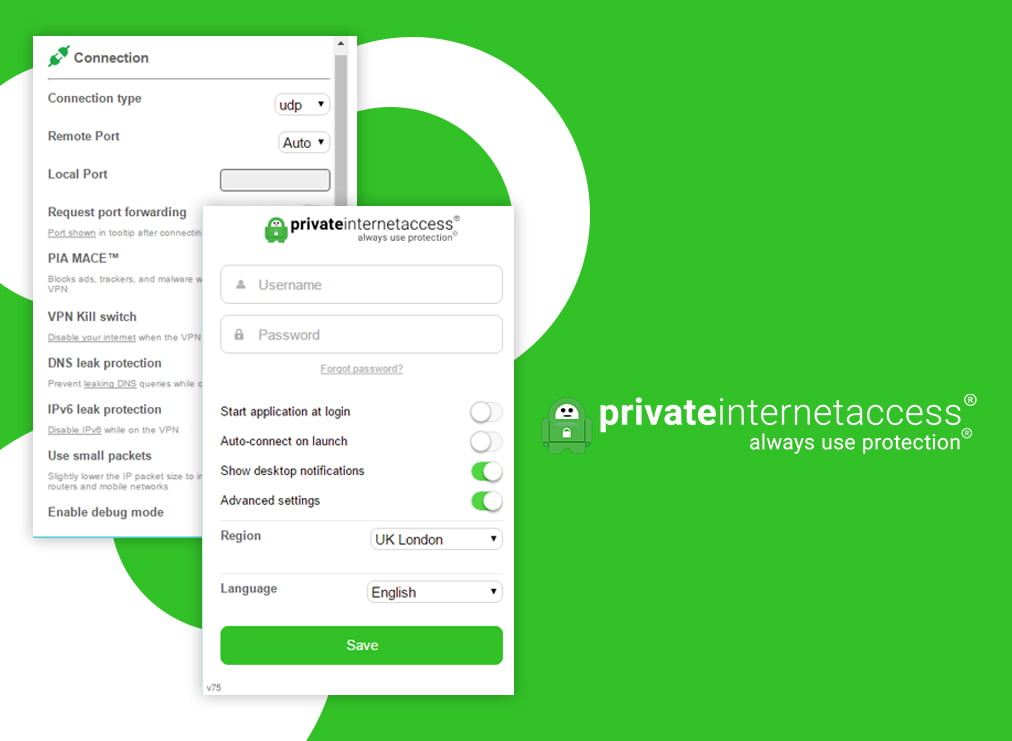Congrats. You’re one of the 99 percent of people in their twenties who are clueless about money. Adulting is difficult, and managing money is much more difficult—especially when you’re on your own and not relying on your parents. My two cents is here to help you understand everything there is to know about finance, business, and entrepreneurship. We’ll go over everything from how to get a company license to how to invest in stocks in order to teach the young adults how to avoid going broke.
The dummy’s guide to money is here. The third lesson is about BIR registration for self-employed people.

Obtaining a business permit is simply one step in the lengthy process that entrepreneurs must go through in order to establish their company. Another key step is to register with the Bureau of Internal Revenue as a self-employed individual (BIR). Although the number of startups and freelancers continues to rise, no one is immune from paying taxes.
Registering as a self-employed person with the BIR establishes a foundation for paying your taxes from professional, entrepreneurial, or freelance employment in a responsible manner. Because self-employed people do not have employees who can handle their government paperwork for them, they must handle their own taxes and forms with the BIR. To cut a long story short, it’s time to brush up on your adulting skills.
And here’s where you should begin:
What does it mean to be a self-employed taxpayer?
A common misperception is that the self-employed workforce consists solely of freelancers. While self-employed professionals include writers, photographers, artists, and other creative types, they also include entrepreneurs, lawyers, doctors, and company owners who manage their own practice or business.
Individual taxpayers are categorised as either employed by a firm or self-employed, with single proprietorship entrepreneurs or licensed (lawyers, doctors, accountants) or unlicensed (authors, photographers, home-based workers) professionals.
How to Obtain a Business License
What are the conditions for registering with the BIR?
For BIR registration, you’ll need the following documents:
-Birth Certificate from the National Statistics Office
-Any government-issued identification card that shows your birthplace and date of birth.
-Mayor’s Permit
-DTI Business Name Certificate
-Barangay Clearance
-Occupational Tax Receipt or Professional Tax Receipt (for licensed professionals) (for unlicensed professionals)
-Affidavit detailing the rates, invoicing methods, and variables taken into account for setting service prices (as specified in BIR Revenue Regulation 4-2014)
The following forms are required:
BIR Form 1901 – One-Time Taxpayer and Persons Registering Under E.O. 98 Application for Registration (to secure a TIN and be able to transact with any Government Office)
BIR Form 1905 – Application for Update, Correction, or Cancellation of Registration Information
Application for Authority to Print Receipts and Invoices (BIR Form 1906)
BIR Form 0605 – You must include this form with your payment to register with the BIR.
Download the forms here: https://www.bir.gov.ph/index.php/bir-forms.html
How do you go about registering?
1| Complete BIR Forms 1901 and 1905 and send them to your RDO that has jurisdiction over the location of your workplace or home, together with the other criteria (if you work from home).
2| Pay the P500 fee at any recognized bank within the RDO’s jurisdiction, together with BIR Form 0605. The RDO office may also have a payment counter.
3| Go back to the RDO. Pick up your BIR Certificate of Registration and “Ask for a Receipt” Notice after paying the P15 Certification Fee and the P15 Documentary Stamp Tax.
4| At this point, you can apply for your Authority to Print (BIR Form 1906), which will allow you to print official receipts for your freelance/business transactions. A ten-booklet set of ORs costs around P1,200.
5| Finally, register your accounting books and ledgers with the BIR and have them stamped.
As a self-employed individual, mastering BIR registration is only the first step—the next step is learning how to file your own Income Tax Returns as an entrepreneur, professional, or freelancer, but that’s a lesson for another day.










